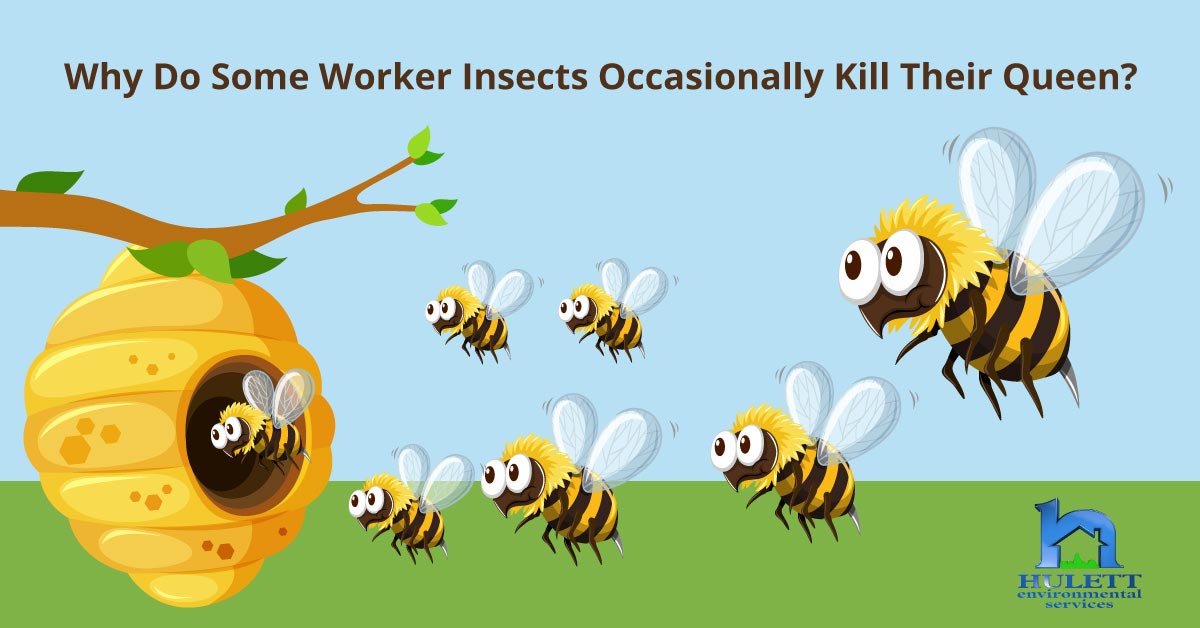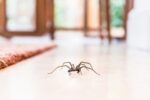
Why Do Some Worker Insects Occasionally Kill Their Queen?
Most people probably assume that worker insects cannot possibly commit matricide against their birth-giving queen leaders. Well, most people are wrong because it happens all the time. There are indeed some rare circumstances in which matricide, committed by the dead queen’s offspring, does indeed take place. But why? Researchers at the University of California at Riverside have attempted to shed more light on the phenomenon of matricide among social insects. The researchers eventually determined that worker wasps will become much more likely to kill the queen of the colony if worker wasps find themselves sharing the colony with a large amount of their siblings. However, if the worker wasps are surrounded by a mix of half and full siblings, the worker wasps will avoid killing the queen. If a wasp is surrounded by other wasps that are composed of nearly identical genetic makeup, then the behavior of the worker wasps will be more predictable and more given to collective cooperation by virtue of their similar genetically predisposed behaviors. The worker wasps are more likely to kill the queen if the worker wasps are able to sense that they have a substantial amount of egg-laying sisters present in the colony. The idea is for the sister-worker-wasps to bear the responsibility of egg laying for the colony instead of the queen. This preference on the part of the male wasp is due to the queen’s willingness to resort to destructive and violent behaviors, such as eating the eggs. Also, So, in other words, the worker-wasps will kill the queen in favor of the sister siblings laying the eggs for the colony since the eggs are safer with the sister than with the queen. Why would the queen of the wasp colony consume her own eggs, what advantage would that bring to the queen and/or the colony?




